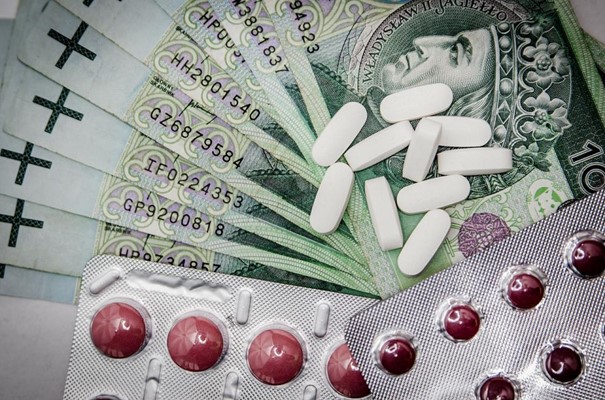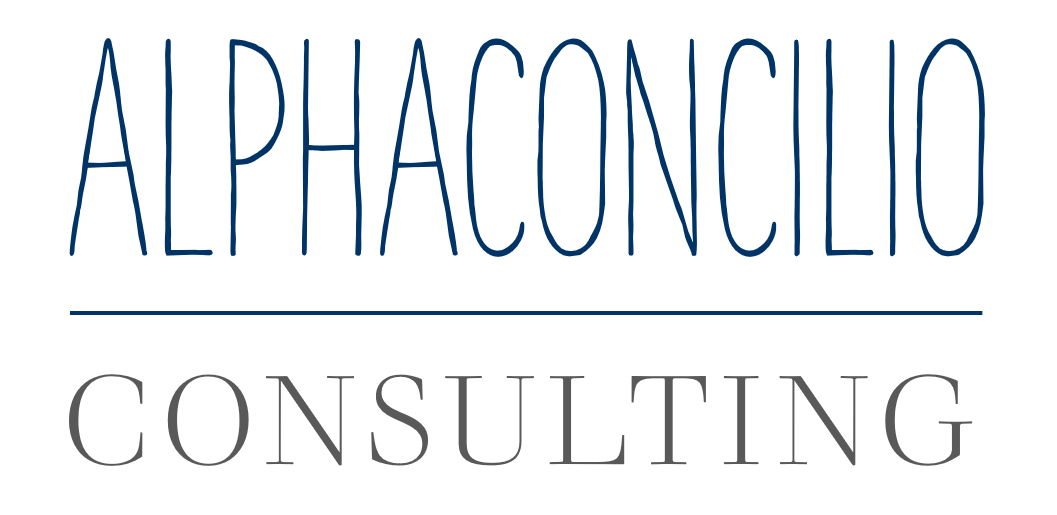
Tackling shortages & supply disruptions, fostering innovation, and ensuring access to medicines at affordable prices are the challenges of Europe’s pharmaceutical strategy.
Improving and accelerating patient access to safe and affordable medicines, while supporting innovation in the European pharmaceutical industry. The European Commission intends to make this strategy an essential part of the EU’s health policy.
- ENSURING EUROPE’S HEALTH INDEPENDENCE
- The first step is to get organized to combat the drug shortages that are affecting the whole of Europe.
The Pharmaceutical Grouping of the European Union notes a steady increase in the number of drug supply disruptions in Europe, up to 200 per year in 67% of countries.
The global pandemic has changed the focus of EU health ministers on the new EU pharmaceutical strategy, which could be part of the solution to this growing problem of shortages.
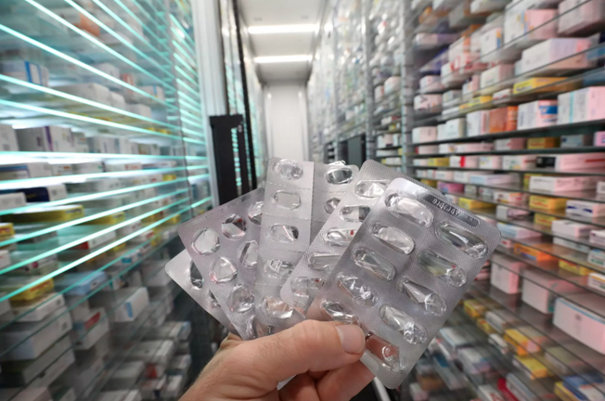
In order to ensure the EU’s health sovereignty, the Committee on European Affairs considers it necessary to develop financial and fiscal incentives to consolidate the EU’s industrial fabric and encourage investment in this critical sector. Special measures should also be targeted at the production of older medicines which are more affected by shortages. For medicines considered critical, public production must no longer be considered a taboo subject. When manufacturers abandon certain markets, the institution of a public production programme, particularly through public-private partnerships, may be essential to guarantee access to care for patients. In the United States, the civica project brings together some 900 hospitals that produce certain drugs themselves to avoid dependence.
Commission to bring drug production back to Europe.
According to the European Medicines Agency, almost 40% of finished medicines marketed in the EU come from outside the EU and 80% of manufacturers of active pharmaceutical substances used in medicines available in Europe are based outside the EU. The proportion of non-EU manufacturers of active pharmaceutical substances was 20% 30 years ago.
.
The EU must find ways to boost the production of medicines and pharmaceutical substances in Europe to avoid a repeat of the current shortage in the future, says EU Health Commissioner Stella Kyriakides.
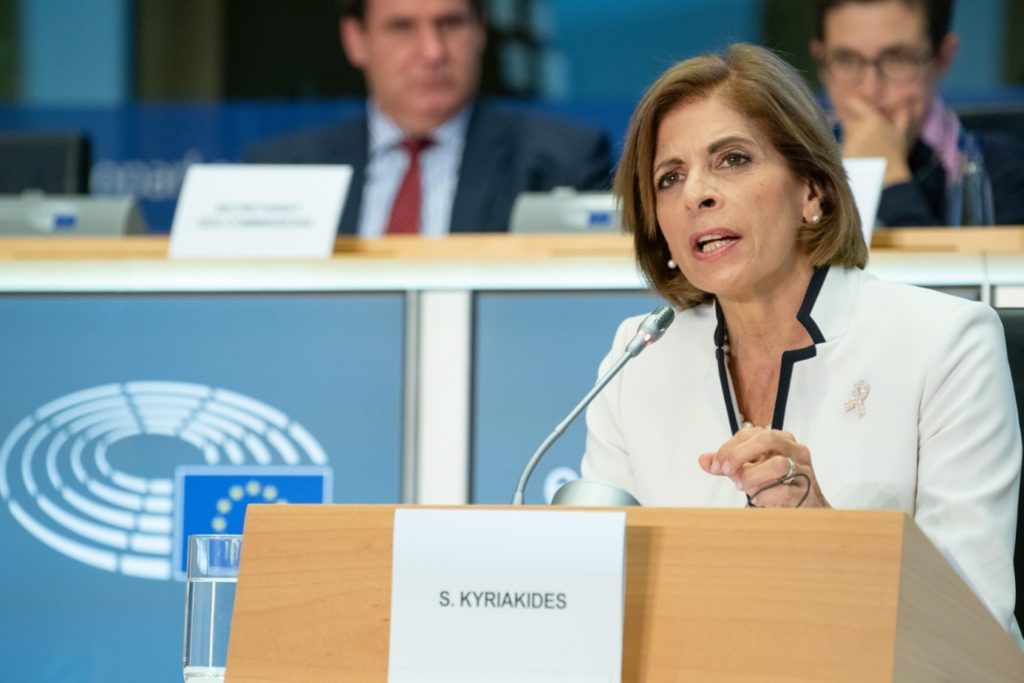
In order to reduce shortages caused by over-reliance on third country production, the Commission calls for « stricter supply and transparency obligations, earlier notification of shortages and withdrawals, greater transparency regarding stocks and stronger coordination within the EU, as well as mechanisms to monitor, manage and avoid shortages ».
The strategy also supports greener and more sustainable production, in line with the zero pollution ambition of the Green Deal, in particular regarding the treatment of waste from unused medicines
2. INNOVATION
- Europe’s pharmaceutical strategy is patient-centred and focused on access to innovative medicines.
The European Commission wants to spend €8.2 billion on health research under the Horizon Europe program including €2 billion on cancer research. At the same time, the Union for Health programme, one of whose main objectives is to improve access to healthcare, has a budget of €5.1 billion.
Research priorities must be aligned with the needs of patients and health systems in the Member States.
To optimize the management of these funds, the European Affairs Committee believes it is essential to define the concept of unmet medical needs, to which public funding should be directed as a priority: in particular the fight against cancer, antimicrobial resistance and the treatment of rare diseases and childhood illnesses.
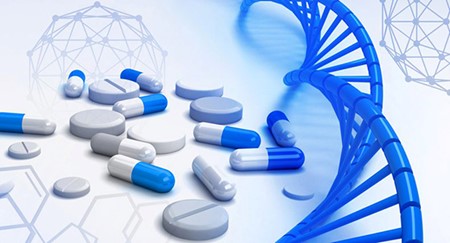
2. Innovative pharmaceutical industry
One of the key objectives of the strategy is to support the competitiveness and innovative capacity of the EU pharmaceutical industry. The Commission sees this as a key element in fostering job creation, trade and science, so that the pharmaceutical sector can « best meet the needs of patients ».
3. AFFORDABLE PRICES
Although the setting of prices and reimbursement levels for medicinal products is the responsibility of each Member State, the Committee on European Affairs would like the European Commission, in consultation with the Member States:
- Define the measures to be implemented in the context of the marketing authorization to invite holders to make a rapid application for price determination to the national competent authorities.
- Provide more guidance on the conditions for withdrawal from the market at the request of a marketing authorization holder
- Define by means of guidelines the concept of a fair and equitable price, and put in place measures to make research costs more transparent, which will make it possible to provide the competent authorities of the Member States with useful information for negotiating with industry
- Decide on compulsory licensing of new medicines to cover unmet needs on fair and reasonable terms, where the marketing authorization holder refuses to market a medicine at a fair and equitable price
Establish a solidarity fund, managed jointly with the Member States, to support the purchase of innovative medicinal products for unmet medical needs where, despite a fair and equitable price, the price is clearly too high in relation to the resources of the Member State where it is to be sold, the gross domestic product being used to assess the resources of the State.
